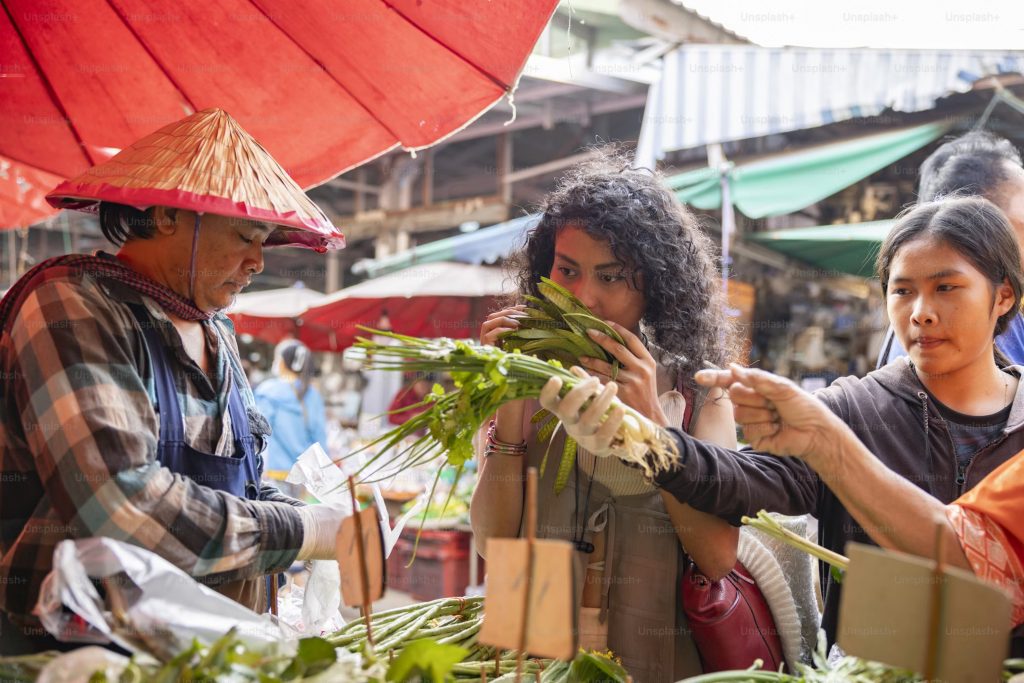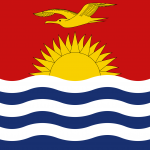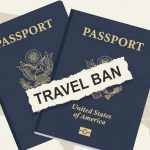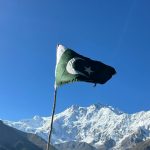You might be wondering what languages do residents of Banda Aceh speak? Well as the name suggest, locals speak Acehnese (Basa Acèh) as well as Indonesian (Bahasa Indonesia). In formal settings, i.e government education, news etc Indonesian is spoken. Indonesian carries national prestige and is becoming increasingly popular amongst the younger generation especially in urban areas.
Acehnese isn’t widely spoken in urban Banda Aceh city, children in school are immersed from a young age in Indonesian. It’s spoken in the classroom, on the TV and the Youtube they consume. Achenese is often seen as antiquated, spoken by the older generation and just generally “uncool”. As well as it being exceptionally important for accessing the job market in the broader parts of Indonesia.

However this isn’t what you’ll find many of the locals themselves typically speaking. Acehnese is what’s predominately spoken by the locals in the less urban areas of Banda. think coastal towns and lowland areas. It’s especially spoken by the older generation, who view retaining Acehnese as an important cultural necessity. For many Acehnese, speaking Basa Acèh is what makes somebody truly Acehnese. It’s seen as not just a method of communication, but a symbol of belonging, shared ancestry and community.
Many locals find speaking Acehnese to be an important cornerstone of independence and cultural identity. The Acehnese fought long and hard for an independent Islamic region, with their own identity. So retaining part of what they fought for over the 29 year long war has become of immense importance.
Included in Acehnese is roughly 10 different dialects (Pasè, Peusangan, Matang, Pidië, Buëng, Banda, Daya, Meulabôh, Seunagan, and Tunong.) Despite all of these different dialects. Allacehnese are able to communicate with a marked accent. Meaning they will be able to communicate but can often tell which region they’re from. Much like someone from from London talking to somebody from Glasgow.
What are 5 key phrases to know while exploring Banda Aceh?
So, what are the important words and phrases you’d need to know when coming on a tour with us?
Peu haba? (peh-oo-HAH-bah?)
The literal translation for this phrase is “what’s the news?”. This phrase is the common greeting phrase, much like “How are you?” is used in English. You’ll hear this frequently when travelling Aceh.
Teurima kasih (tuh-REE-mah)
This is the common word for “thank you”. This word is directly borrowed from Indonesian, but is widley spoken in Acehnese culture.
Peu peugah droe? (Peh-oo PEUH-gah DROH-uh?)
The direct translation for this is, (where are you going?) However, you’ll find that it’s used as a parting phrase like “goodbye”
Ma’af (MAH-ahf)
This is the word for “sorry/excuse me”. Again, another word borrowed from Indonesian but widely spoken amongst the Acehnese.
Lyeu (EE-yoo)
Han (HUN)
These are the commonly used words for yes and no.
Conclusion
If you’re heading to Banda Aceh, don’t expect to hear Acehnese everywhere, certainly not in the city, anyway. You’ll hear Indonesian first. As that’s what’s used in schools, on the street and on the radio. It’s what the younger generation speaks, especially in town. But once you get out of the city, into the coastal spots and villages Acehnese comes into play. That’s where you’ll hear it properly.
Banda Aceh is more than its mosques, coffee shops, and markets, it’s a region steeped in pride, resilience, and tradition and nothing is that more evident of that than in the way its people speak. Whether it’s the older generation trying to keep dialects alive, or the younger generation blending Acehnese phrases with Indonesian, language remains a key part of Aceh’s culture.
So when you’re next on one of our Banda Aceh tours and you’re walking the local streets, ordering Mie Aceh, or chatting in the market, don’t be shy. Drop a Peu haba?





